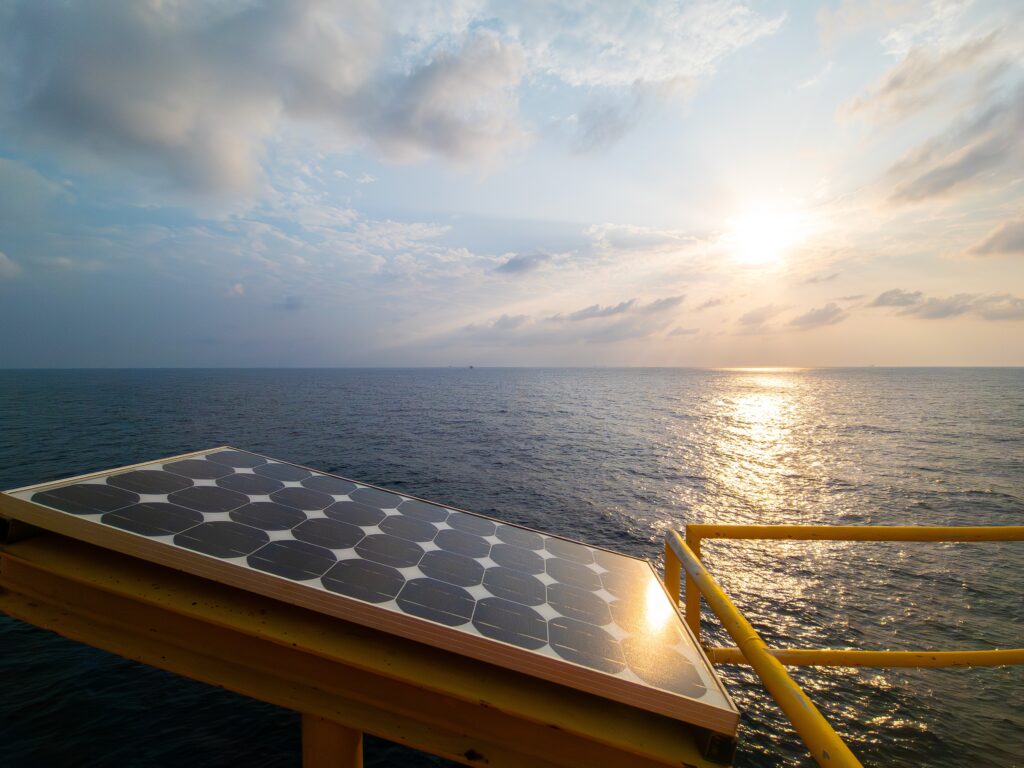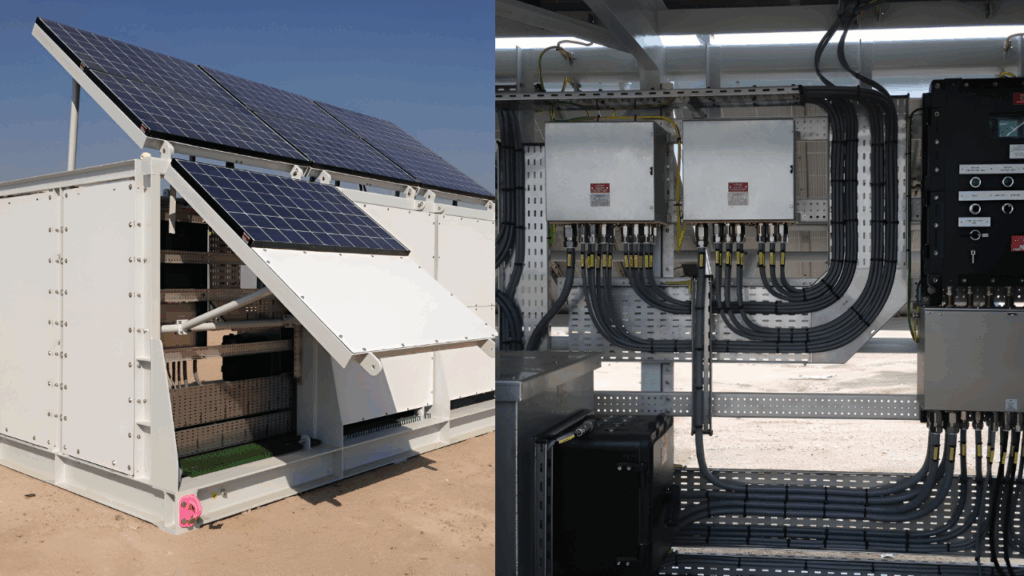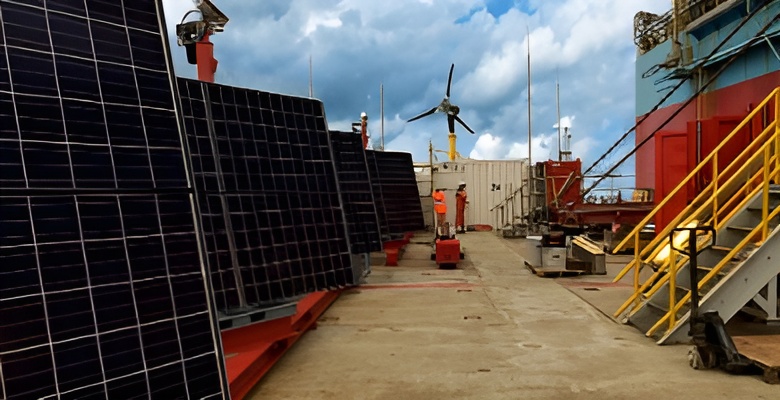
JCE Celebrates Innovation Award Win at Northern Star Business Awards
PRESS RELEASE JCE Energy Ltd., a specialist in off-grid power solutions for hazardous areas, has been awarded the prestigious Inspiration…
This informative piece takes a dive into the integration of Fuel Cells within JCE’s hybrid system philosophy, highlighting a number of scenarios and the advantages/disadvantages they bring to the overall system.

| Power: | 180W, Continuous 24Vdc, 24 h/day |
| Battery: | VRLA, 4 days autonomy |
| System Recharge Time: | 4 days |
| Location: | Safe Area |
| Geography: | North Sea |
| Solution 1: System completely powered by solar panels and batteries.  | Solution 2: System powered by solar panels, batteries and fuel cells.  | Solution 3: System powered by solar panels, batteries and fuel cells with additional autonomy.  | |
| Solar Panels: | 46 | 15 | 12 |
| Battery: | 1 x 1200 Ah@24Vdc | 1x 1200 Ah@24Vdc | 1 x 600 Ah@24 Vdc |
| Fuel Cells: | 0 | 6 x 195 W Fuel Cell | 3 x 195 W Fuel Cell |
| Installation Footprint: | 70m2 | 20m2 | 16m2 |
| System Weight: | 3 Tons | 2.2 Tons | 1.7 Tons |
| CAPEX Price (£): | 19,000 | 23,500 | 12,900 |
| OPEX Cost (£/annual): | 900 | 1,300 | 1,600 |
| Fuel Cost (£/annual): | 0 | 400 | 700 |
| System Availability: | 99.5% | 99.8% | 99.99% |
| Availability Explanation: | The system availability is the lowest due to the dependence on weather conditions. | The system availability is justified due to the fuel cell offering back-up capacity for the system. | The system availability is justified due to the increased number of fuel cells offering back-up capacity for the system. |
| Advantages + | + Self sustained off-grid solution + Reduced O&M cost + No fuel + Long system life-time (15 years) | Self-sustained off-grid solution + Reduced O&M cost + Silent + Long system life-time (15 years) + Increased system availability (less weather dependent) + Reduced installation footprint + Reduced design activities (standard solutions available) | + Self-sustained off-grid solution + Reduced O&M cost + Low CAPEX costs + Silent + Long system life-time (15 years) + Increased system availability (not weather dependent) + Extremely reduced installation footprint/weight + Reduced design activities (standard solutions available) |
| Disadvantages – | – System availability is weather dependent. – Installation footprint must be assessed for each project – Ad-hoc design required – High CAPEX costs | – Eco-fuel dependent* *classed as disadvantage but simple to overcome in line with standard maintenance activities | – Eco-fuel dependent* |
| Suitability Examples: | Highly predictable and good weather conditions, e.g. MENA regionHigh footprint available | Suitable for unpredictable weather conditions, e.g. North Sea/CanadaLimited footprint available | Suitable for unpredictable weather conditions, e.g. North Sea/CanadaLimited footprint availableHigher system availability and autonomy requirements |

Supplying a bespoke solar power system for the South Ndola wellhead platform to support safe, reliable offshore energy.

Creating a Zone 2 certified solar power system to deliver safe, sustainable energy in hazardous offshore environments.

Developing a containerised hybrid power system to support critical operations with lower emissions and improved fuel efficiency.